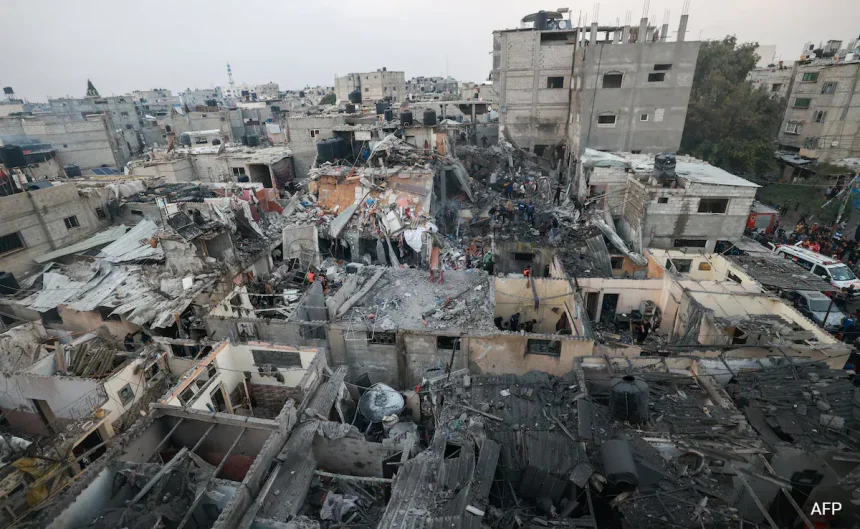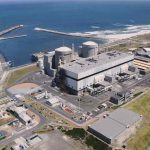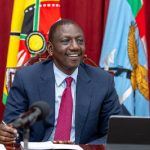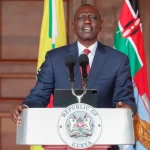As part of an overall $35 million package of support, the World Bank announced $20 million in new financing to provide emergency relief for the affected people of Gaza. This includes $10 million in new financing for food vouchers and parcels, approved by the World Bank board of Directors, that will reach an estimated 377,000 people.
The urgently needed assistance will be delivered through the World Food Programme. This additional financing comes from the Emergency Social Protection and Jobs COVID-19 Response Project.
In addition, the World Bank’s Health Emergency & Preparedness Trust Fund Program has allocated $10 million, provided by Japan and Germany, for medical care and supplies for humanitarian purposes. This will be delivered through UNICEF and the World Health Organization, as part of the Gaza Health Emergency Response Project which will provide an estimated 10 percent of the population of Gaza with emergency medical care.

These approvals are part of an overall package of $35 million that the World Bank is allocating as grants on an emergency basis to provide relief for the affected people in Gaza. An initial $15 million for emergency relief was already delivered.
The financing is drawn from a combination of project restructurings and contingency response activations from the World Bank’s active portfolio for the West Bank and Gaza, as well as from Bank administered trust funds. It is being directed to support the urgently needed delivery of food, water, and health services.

This includes medical supplies, equipment, and emergency healthcare; food parcels and vouchers; hygiene kits, potable water, and water purification tablets.
The activities are being implemented through UN agencies, such as the World Health Organization, the World Food Programme and UNICEF, that have a proven ability to deliver in conflict settings and are already active in Gaza. The financing is governed through robust fiduciary procedures that ensure resources reach people and are utilized for the purpose intended.
The World Bank has conducted recent analysis on the economic impact of the current conflict on the Palestinian economy. When the situation allows, the World Bank will complete a Rapid Damage and Needs Assessment (RDNA), in close collaboration with UN agencies and the European Commission and other development partners. RDNAs are World Bank analytical reports that assess physical damages and economic impacts in post-conflict and post-disaster settings and provide a baseline assessment of needs for recovery and rehabilitation efforts.








